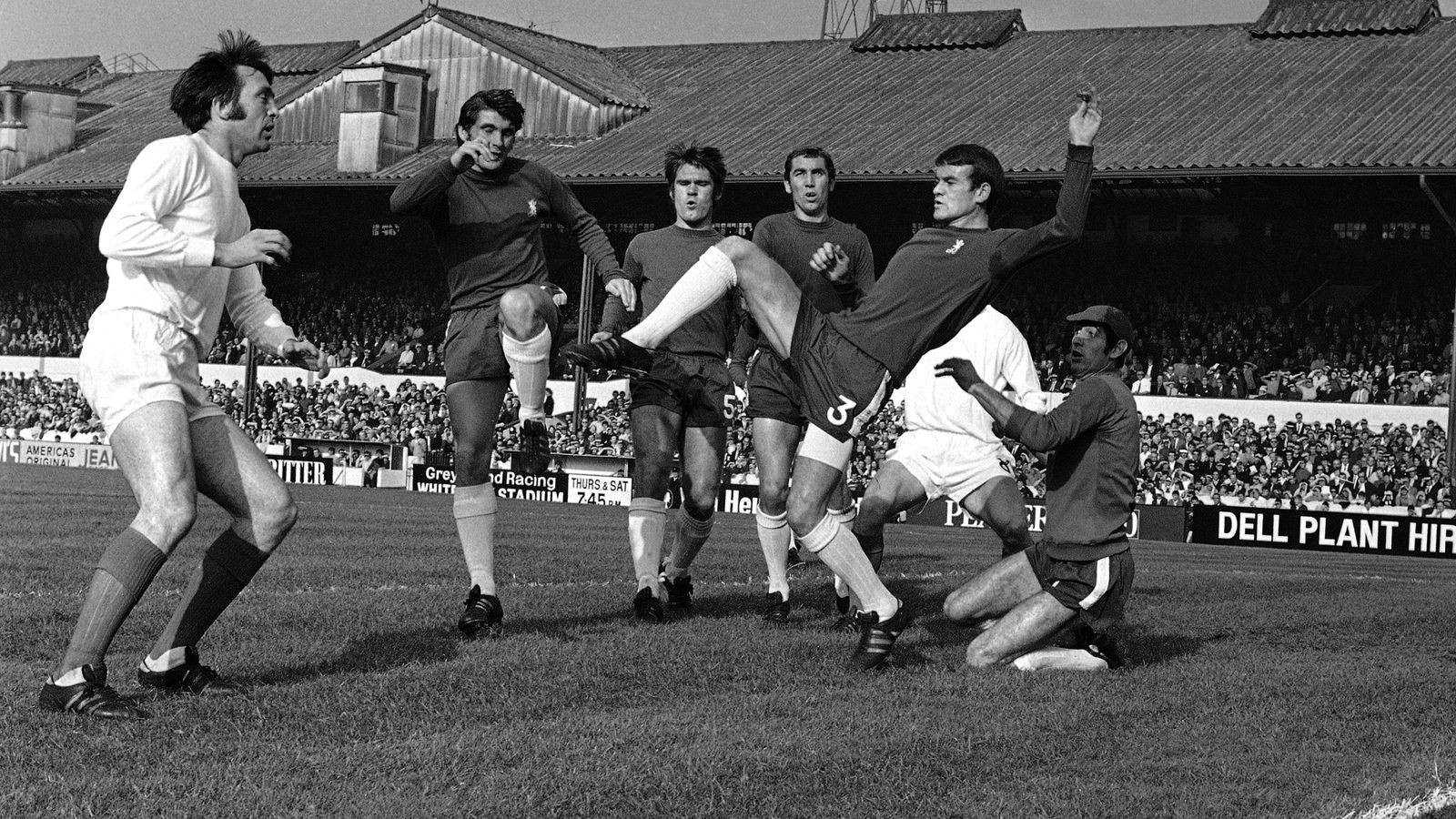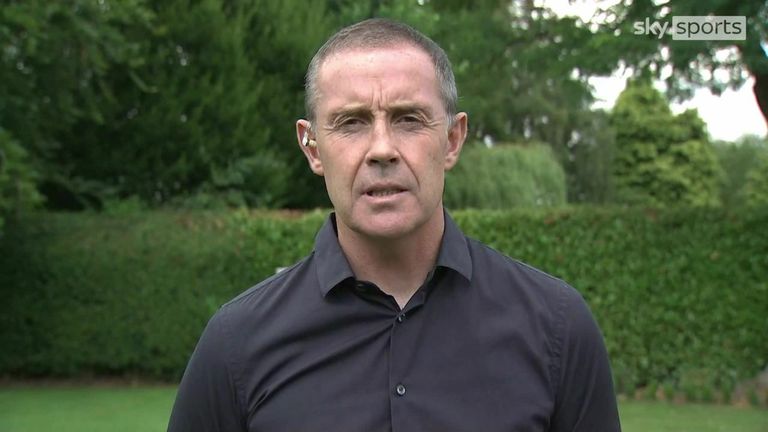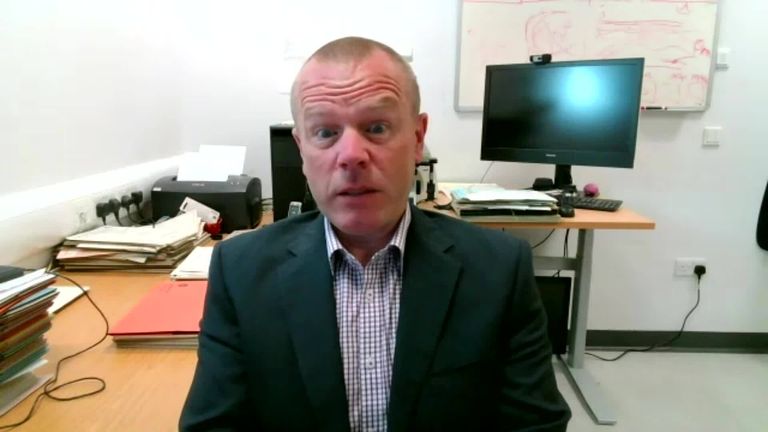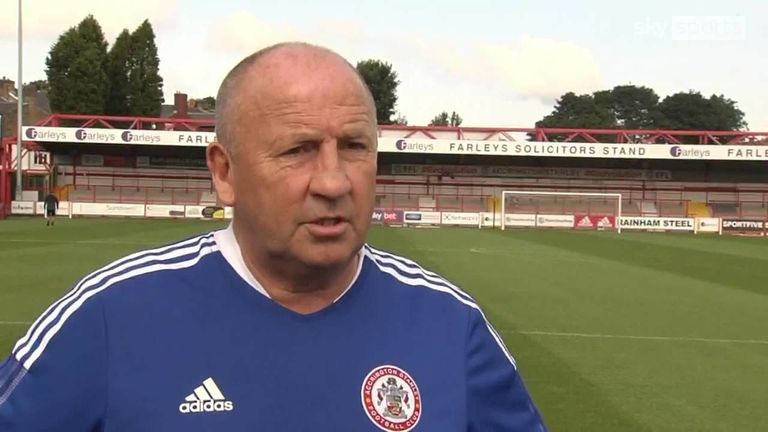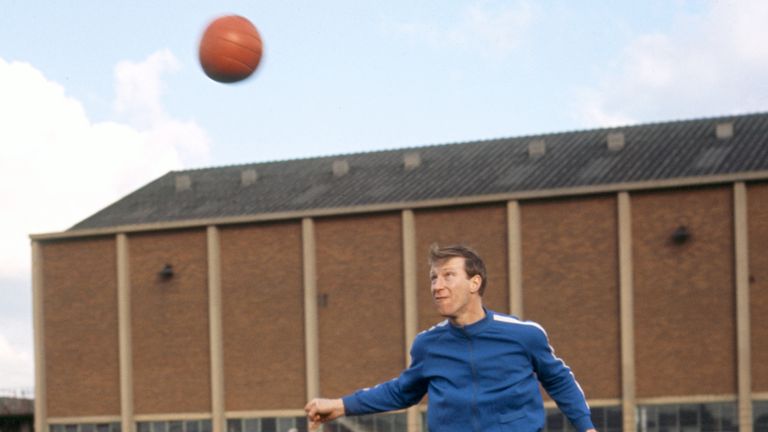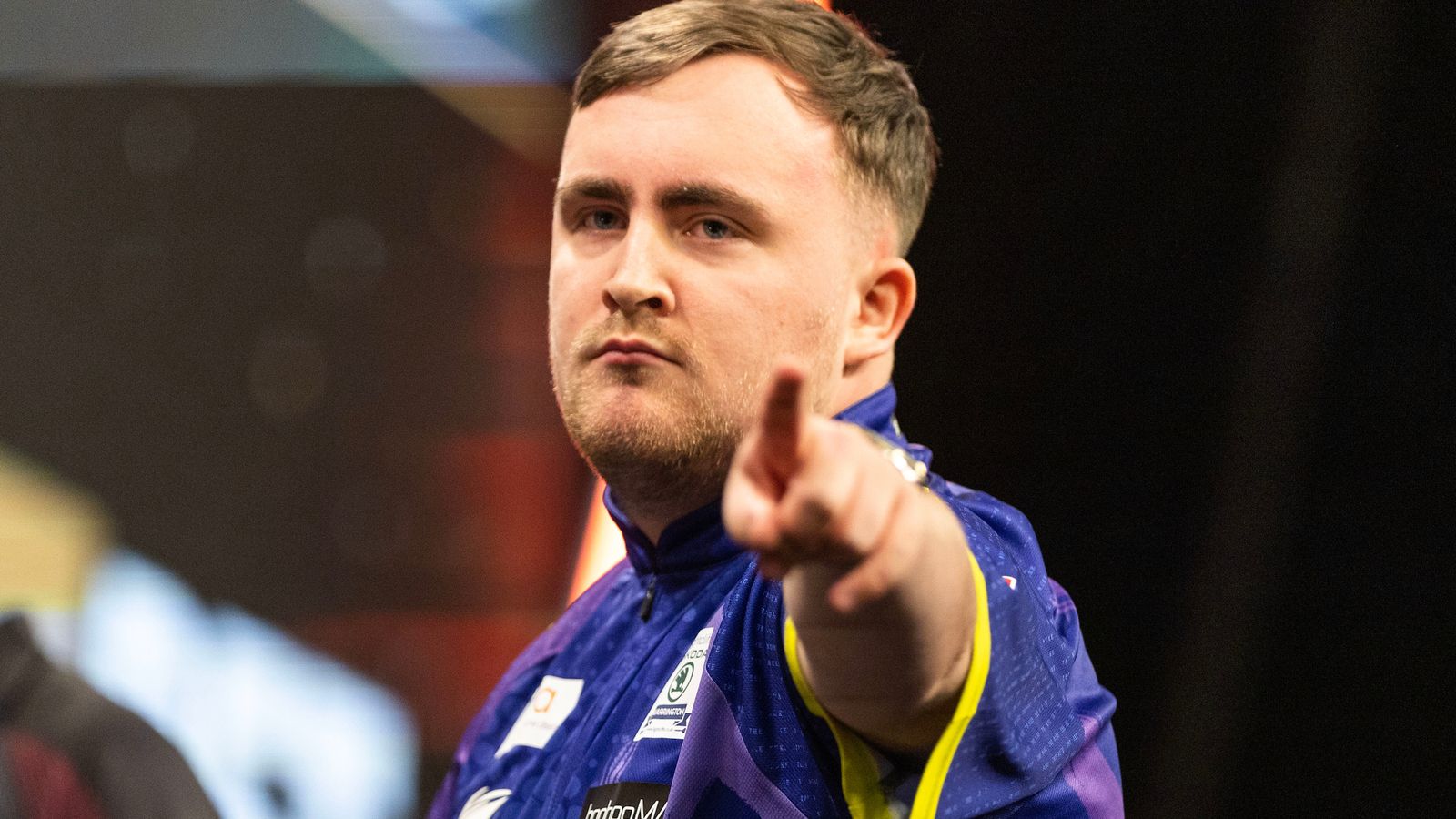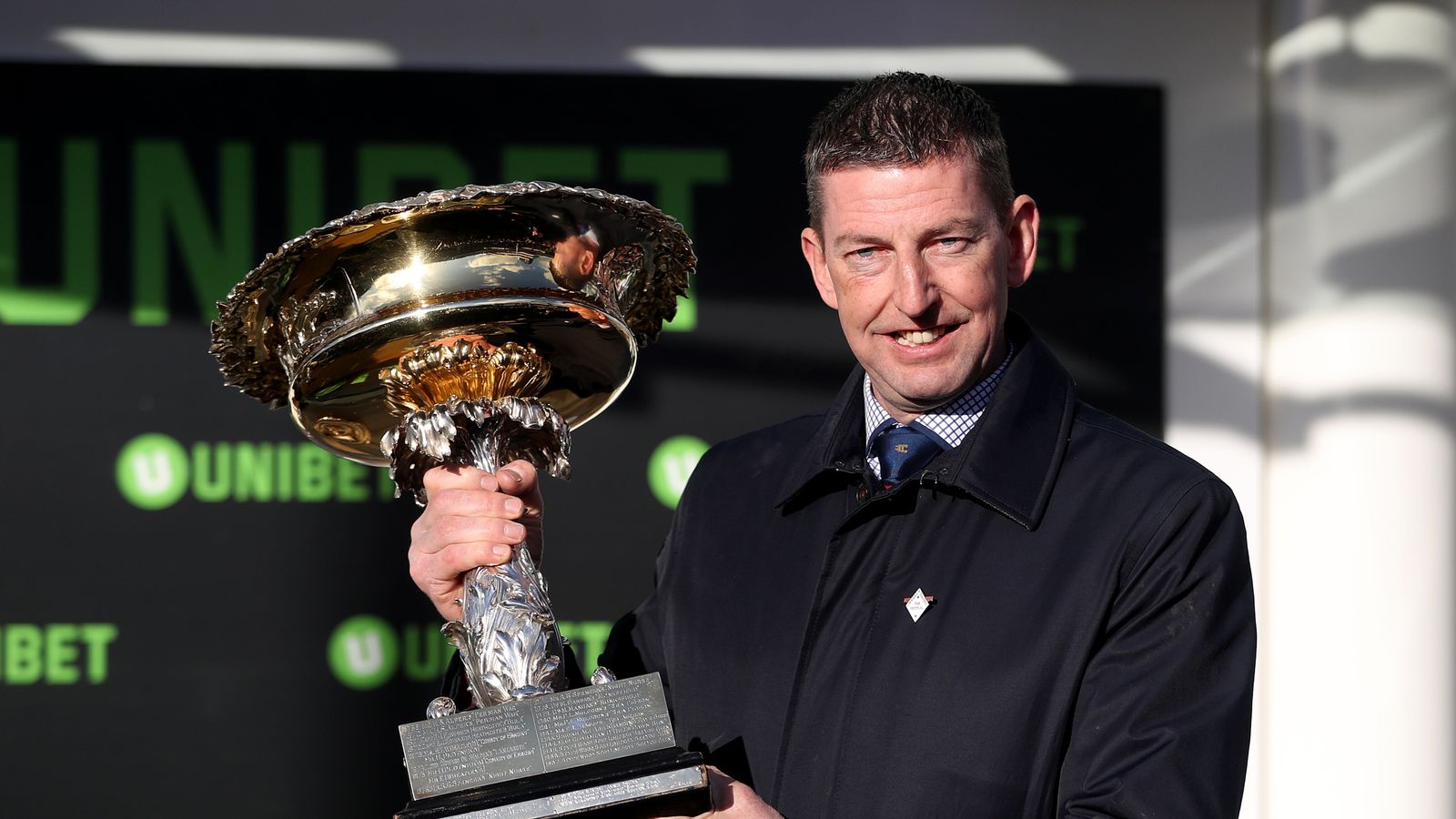Dementia charity criticises Players Foundation for a lack of support for former footballers | Football News
The Players Foundation has been criticised by a charity who say they’ve had to step in to offer financial support to three former players with dementia, because the Foundation refused to do so.
The Players Foundation is the former charitable arm of the PFA, but the two entities have since split, and work separately.
Former Manchester United and Scotland international Gordon McQueen, ex-Blackburn midfielder Tony Parks and the former Huddersfield and Bradford forward Allan Gilliver all have advanced dementia, and all are currently in residential care.
The new dementia charity Head for Change which formed three years ago, says their families are struggling to afford the payments, and have donated £3,000 to each of them.
Dr Judith Gates is a co-founder of Head for Change. Her husband, former Middlesbrough player Bill Gates, also has dementia and requires residential care.
Dr Gates says: “We are dealing with families stressed beyond limits through this journey, families who do not know where to go for financial support.
“Through these donations, we are stepping in to bridge this gap and do what the wealthy Players Foundation refuses to do.”
Sky Sports News has approached the Players Foundation for comment, but has yet to receive a response.
Dementia and the Boys of ’66
Dementia has devastated the Boys of ’66.
In total, five members of England’s World Cup-winning team have developed dementia. It’s led to the death of four of them.
Ray Wilson was the first to succumb, in July 2018, with Martin Peters also dying of dementia in December 2019.
Jack Charlton died of the debilitating illness in July 2020, Nobby Stiles in October of that year. A month later it emerged that Sir Bobby Charlton is also suffering from the same condition.
“I think we knew they weren’t well, but it’s always a huge shock when you hear they’ve passed,” says Sir Geoff. “We knew Nobby had been in a home for some time, and we knew Jack hadn’t been out and about.
“It’s just been a nightmare year. The pandemic has meant you aren’t out and about talking to people about your emotions as you usually would. In fact, this is the only time I can talk about it, and I’m getting a bit emotional now with you, because it’s the first time I’ve really got to talk about my team-mates.”

